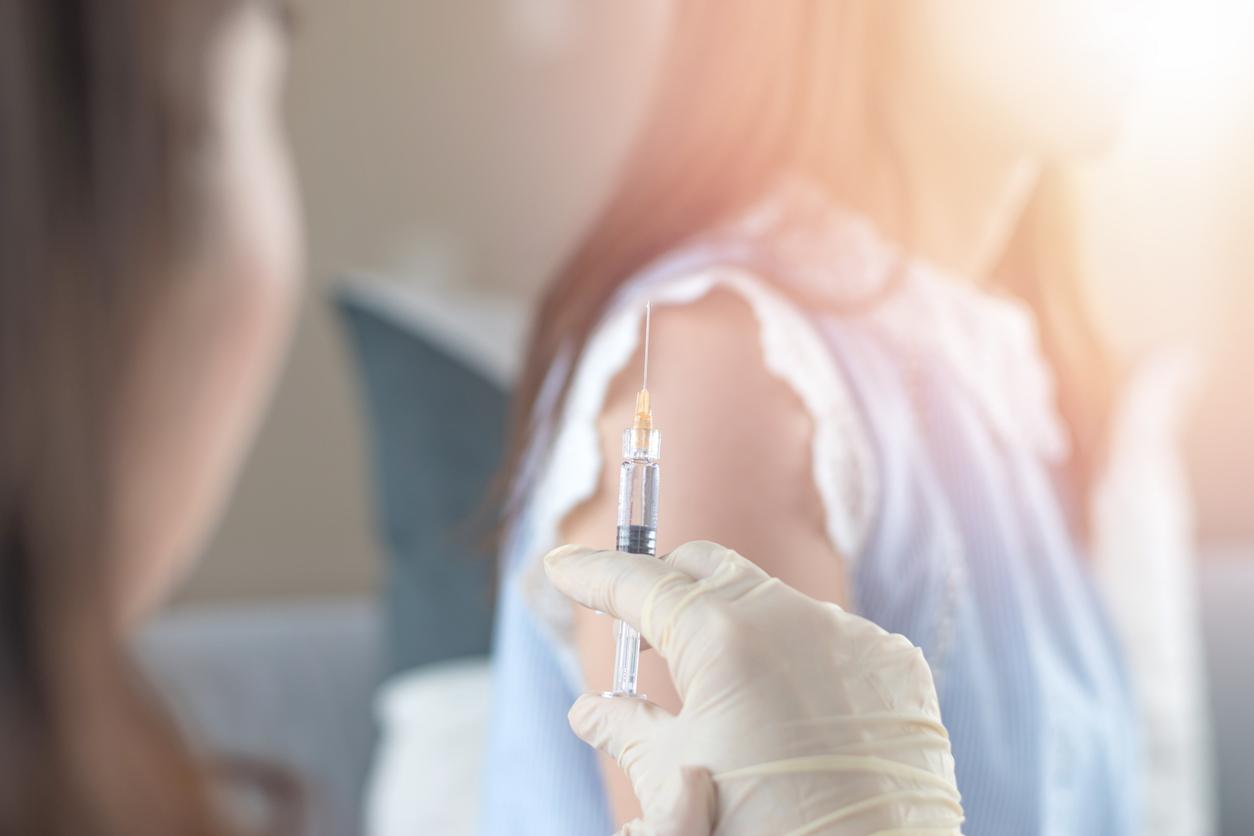
Hologic Global Women’s Health Index Maps 2.5 Billion Women’s Health
Worldwide, insufficient attention is paid to the health of women and girls. For example, about 1.5 billion women have not been tested for high blood pressure, cancer, diabetes or STDs. It is precisely these four common conditions that have a major impact on female health. This is according to the Hologic Global Women’s Health Index.
The Hologic Global Women’s Health Index is the first global comparative survey of girls’ and women’s health and is part of a multi-year initiative that aims to improve the quality of life and life expectancy of women in all parts of the world. As many as 120,000 women took part in the study.
40% did not see a healthcare professional
International research has shown that the health needs of women are being met far too little. For example, 40% of the participants indicate that they have not seen a healthcare professional in the past year. That equates to approximately one billion women and girls. The Hologic Global Women’s Health Index also found that 1.5 billion women have not been tested for one of four critical conditions in the past 12 months: cancer, diabetes, high blood pressure and sexually transmitted diseases/infections.
The numbers
• Only 12% of all respondents indicated that they had been screened for some form of cancer.
• Only 19% said they had been screened for diabetes, which is the sixth leading cause of death for women worldwide. In countries with high obesity rates such as the United States, one in three women (34%) said they had been tested.
• On average, only one in three women (33%) worldwide reported having their blood pressure measured, despite the fact that heart disease is the leading cause of death for men and women worldwide.
• Less than one in nine women (11%) said they had been tested for sexually transmitted diseases/infections. These are risk factors for further health problems such as HIV, cancer and infertility.
Five pillars for female health
In this study, the scientists focused on five pillars of female health, which together account for 80% of women’s life expectancy from birth: preventive care (such as cancer screening), attitudes towards health and safety, emotional well-being, personal health and their basic needs.
Routine testing

According to experts, carrying out preventive examinations is particularly important in the fight against all kinds of diseases. “Preventive measures are a critical first step in the fight against diseases and infections that negatively impact women’s life expectancy and fertility,” said Dr. Susan Harvey, vice president of Global Medical Affairs at Hologic. That women routinely get tested for cancer, sexually transmitted diseases and infections, and cardio-metabolic disease may lead to more serious complications that could have been prevented with early monitoring or treatment.”
Netherlands in 7th place
The average global Index score was 54 out of 100, and no country or territory scored higher than 69. With an Index of 64, the Netherlands ranks seventh on the list, just behind Germany and Norway. Taiwan tops the list with a score of 69. At the bottom of the list dangles Peru, with an Index of 36.
Most of the world’s leading countries are also generally at the forefront when it comes to reinvesting their wealth in their health care systems. Examples include Austria, Switzerland and Norway. Although women in high-income countries and regions made up only 17% of women surveyed in the index, together they are at least seven points ahead of all other women in the world on the index.
Lower income, less good care
By contrast, all countries and territories with the lowest scores on the Hologic Global Women’s Health Index are characterized by high income inequality and a weak or destabilized health care infrastructure. The countries with the lowest scores are a mix of low-income or lower-middle-income economies. Few countries in this group score well in meeting women’s basic needs and lag significantly behind in preventive care.
Measurement is key to improvement
“Women’s health is the cornerstone of families, communities, societies and economies,” said Steve MacMillan, Hologic’s chairman and CEO. “As a leader in early detection, diagnosis and treatment of women’s health problems, we know from experience that measurement is the key to improvement. We note that there is a clear need for more high-quality data. This is necessary to track and measure women’s health on a global scale, especially now that the corona crisis has exacerbated years of health inequalities. The Hologic Global Women’s Health Index is the first global survey to uniquely prioritize from a women’s perspective.”
Pandemic has negative effect on women’s care

The study started before the corona crisis, but the pandemic has obviously not done any good to the already worrying state of health care for women. For example, the postponement or cancellation of preventive medical examinations, increased poverty and insufficient access to medical facilities and information. “The coronavirus crisis has both exacerbated and exposed the abuses in women’s access to and quality of health care,” said Vipula Gandhi, senior managing partner at analytics and consulting firm Gallup, co-developer of the Index. “The Index provides a baseline from which to measure women’s health on a global scale. We hope this research will serve as a call to action for world leaders and policymakers to prioritize women’s health.” This is in line with the theme of the United Nations General Assembly: ‘Building Resilience Through Hope’.
Hologic strives to conduct the Global Women’s Health Index survey regularly so that world leaders can act on the results. This commitment builds on Hologic’s more than 30 years of championing women’s health in all parts of the world. It does this through its solutions for breast and cervical cancer screening, infectious disease detection and gynecological surgery and its partnerships with several global initiatives to improve access to medical care.
The Hologic Global Women’s Health Index was developed in collaboration with leading analytics and consulting firm Gallup. It includes an unprecedented in-depth exploration of key women’s health indicators by country/territory that are tracked over several years. The research findings reflect the experiences of more than 60,000 girls and women in 166 countries and territories. These experiences are recorded in 140 languages. The Hologic Global Women’s Health Index was conducted as part of the Gallup World Poll, launched in 2005, and reflects the feelings and actions of approximately 2.5 billion women and girls.
Want to know more about the Hologic Global Women’s Health Index? Look here for all findings and additional information (GWHI Report MISC-07945-BEL-EN Rev.001)
This article was produced on the initiative and with the support of Hologic.
MISC-08187-NLD-NL Rev.001 (3/2022)

















